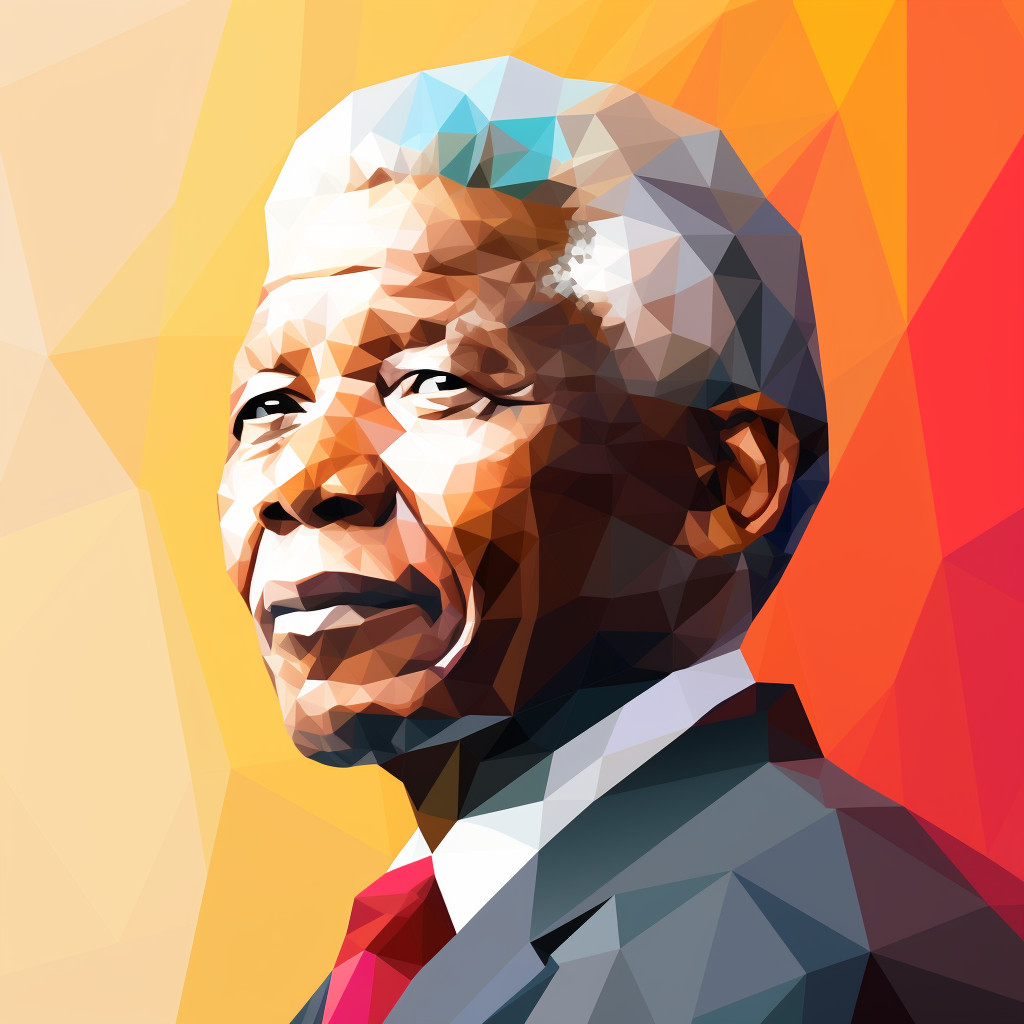'Suspicion' Quotes
Suspicion quotes have played a significant role in shaping human behavior and society. They highlight the destructive nature of suspicion and its ability to breed mistrust and paranoia. These quotes have been used by philosophers, writers, and leaders to caution against the dangers of suspicion and…Read More
Suspicion quotes have played a significant role in shaping human behavior and society. They highlight the destructive nature of suspicion and its ability to breed mistrust and paranoia. These quotes have been used by philosophers, writers, and leaders to caution against the dangers of suspicion and promote trust and understanding. Historical figures like Martin Luther King Jr. and Mahatma Gandhi have emphasized the importance of overcoming suspicion to achieve peace and unity. In today’s world, where suspicion and division are prevalent, these quotes serve as a reminder to question our biases and embrace empathy. They continue to inspire individuals to build bridges and foster genuine connections, making them timeless and relevant.Read Less
Suspicion quotes have played a significant role in shaping human behavior and society. They highlight the destructive nature of suspicion and its ability to breed mistrust and paranoia. These quotes have been used by philosophers, writers, and leaders to caution against the dangers of suspicion and promote trust and understanding. Historical figures like Martin Luther King Jr. and Mahatma Gandhi have emphasized the importance of overcoming suspicion to achieve peace and unity. In today’s world, where suspicion and division are prevalent, these quotes serve as a reminder to question our biases and embrace empathy. They continue to inspire individuals to build bridges and foster genuine connections, making them timeless and relevant.
34 Admirable 'Suspicion' Quotations and Sayings
Suspicion – Symbolic Value
Suspicion is a powerful emotion that can have a significant impact on our thoughts, actions, and relationships. It is often associated with feelings of mistrust, doubt, and uncertainty. In many ways, suspicion can be seen as a symbol of our innate human nature to question and analyze the world around us.The concept of suspicion has been explored and portrayed in various forms of literature, art, and media. From ancient Greek tragedies to modern-day thrillers, suspicion has been a recurring theme that captures the attention of audiences. It is a complex emotion that holds a symbolic value in our lives, representing our innate desire to protect ourselves and those we care about.
Suspicion – Cultural and Historical Significance
Suspicion has played a significant role in shaping our cultural and historical narratives. In ancient times, suspicion was often associated with superstition and fear of the unknown. It was a means of survival, as people had to be cautious of potential threats in their surroundings.In the Middle Ages, suspicion was often linked to religious beliefs and was used as a tool to identify and punish those who were deemed as heretics. This led to a culture of suspicion and mistrust, where people were constantly on guard and quick to accuse others.In modern times, suspicion has taken on a different meaning, influenced by societal and cultural norms. It is often associated with conspiracy theories, political agendas, and the fear of being deceived. The rise of technology and social media has also contributed to the spread of suspicion, as information can be easily manipulated and shared, leading to a culture of skepticism and doubt.
Suspicion – Common Themes in Motivational Contexts
In motivational contexts, suspicion is often linked to the concept of self-preservation. It is a natural response to protect ourselves from potential harm or danger. This can manifest in various forms, such as being suspicious of strangers, questioning the intentions of others, or being wary of new opportunities.Suspicion can also be a driving force in achieving success. In competitive environments, suspicion can motivate individuals to work harder and be more cautious in their decision-making. It can also be a means of self-protection in business and personal relationships, as individuals may be suspicious of others’ motives and actions.
Suspicion – Portrayal in Art and Media
Suspicion has been a popular theme in art and media, often portrayed in a negative light. In literature, suspicion is often used as a plot device to create tension and suspense. In films and television shows, suspicion is often associated with crime and betrayal, adding depth to the storyline.In art, suspicion has been depicted in various forms, from paintings to sculptures. It is often portrayed through facial expressions, body language, and symbolism. Artists use suspicion as a means of conveying a message or evoking an emotional response from the viewer.
Suspicion – Impact on Understanding of Life and Society
The concept of suspicion has a significant impact on our understanding of life and society. It is a reflection of our innate human nature to question and analyze the world around us. Suspicion can lead to a lack of trust and communication, which can hinder relationships and societal progress.On the other hand, suspicion can also be a means of protection and self-preservation. It can help us identify potential threats and make informed decisions. In some cases, suspicion can also lead to positive outcomes, such as uncovering corruption or injustice.In conclusion, suspicion holds a symbolic value in our lives, representing our innate desire to protect ourselves and those we care about. It has a rich cultural and historical significance and is a common theme in motivational contexts. Through its portrayal in art and media, suspicion has become a familiar concept in our society, shaping our understanding of life and relationships. While it can have negative connotations, suspicion can also be a powerful tool in navigating the complexities of the world we live in.












